Last Updated on January 3, 2025
Human chorionic gonadotropin, commonly known as HCG, is a hormone that is essential in the realm of post cycle therapy (PCT) for individuals coming off anabolic steroid cycles. Steroid use can lead to suppression of the body’s natural testosterone production, and PCT is a critical process that helps restore hormonal balance. HCG is employed during this phase to stimulate the testes to produce testosterone and to prevent long-term side effects associated with testosterone suppression.
The primary goal of incorporating HCG in post cycle therapy is to jumpstart endogenous testosterone levels, which can be significantly reduced following anabolic steroid use. A well-designed PCT protocol, which may include HCG along with other medications, is necessary to ensure that the body returns to its natural state of hormone production. This can also play a significant role in maintaining muscle gains achieved during the steroid cycle while safeguarding the body’s physiological functions.
Quick Summary
- HCG is used in PCT to help restore natural testosterone production post-steroid use.
- A properly structured PCT protocol is vital for hormonal balance and maintaining muscle gains.
- The integration of HCG with PCT is crucial for long-term health and fertility.
HCG and Its Role in Post Cycle Therapy
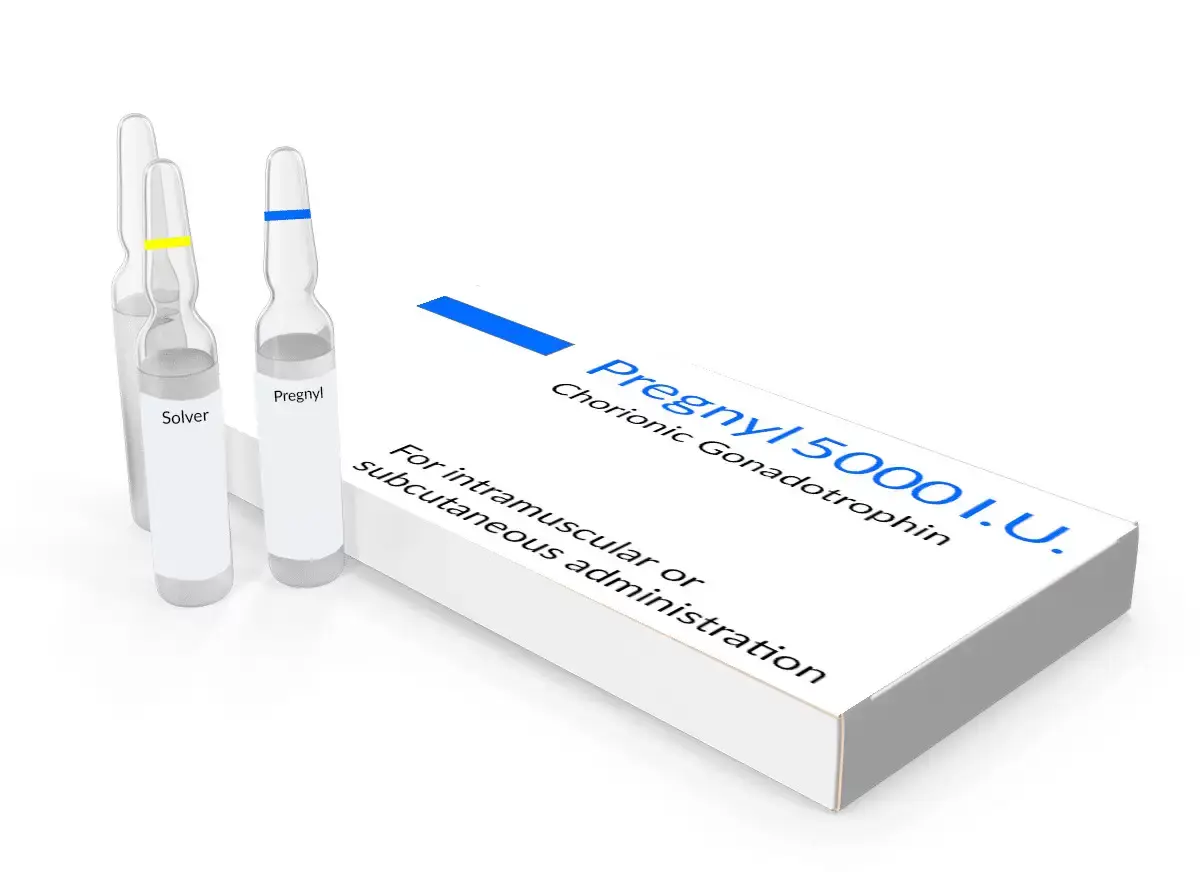
Human Chorionic Gonadotropin (HCG) is a hormone naturally produced by the placenta during pregnancy. In the context of Post-Cycle Therapy (PCT), HCG is used to restore normal testosterone levels and testicular size and function following a cycle of anabolic steroid use.
- Application of HCG: It mimics the effects of the luteinizing hormone, which signals the testes to produce testosterone. This is crucial since anabolic steroids suppress the body’s natural testosterone production.
- PCT Benefits: The primary goal of PCT is to prevent the negative side effects of steroid use, such as gynecomastia and testicular atrophy, and to help the user’s body return to its natural hormonal balance.
The typical protocol includes administering HCG in small, frequent doses over a short term. It is done to enhance endogenous testosterone production before the body’s normal hormonal balance is fully restored.
- Timing and Dosage: The timing and dosage of HCG can vary based on the individual and the length of the steroid cycle. It is generally introduced after the steroid has been metabolized and before the start of the PCT regimen.
- Monitoring: Medical supervision is recommended during HCG use to avoid potential side effects and ensure the correct administration.
It’s important to note that while HCG can be a helpful tool in PCT, it should not replace a comprehensive PCT program that also incorporates other medications and supplements as needed.
The Importance of Hormonal Balance After Steroids
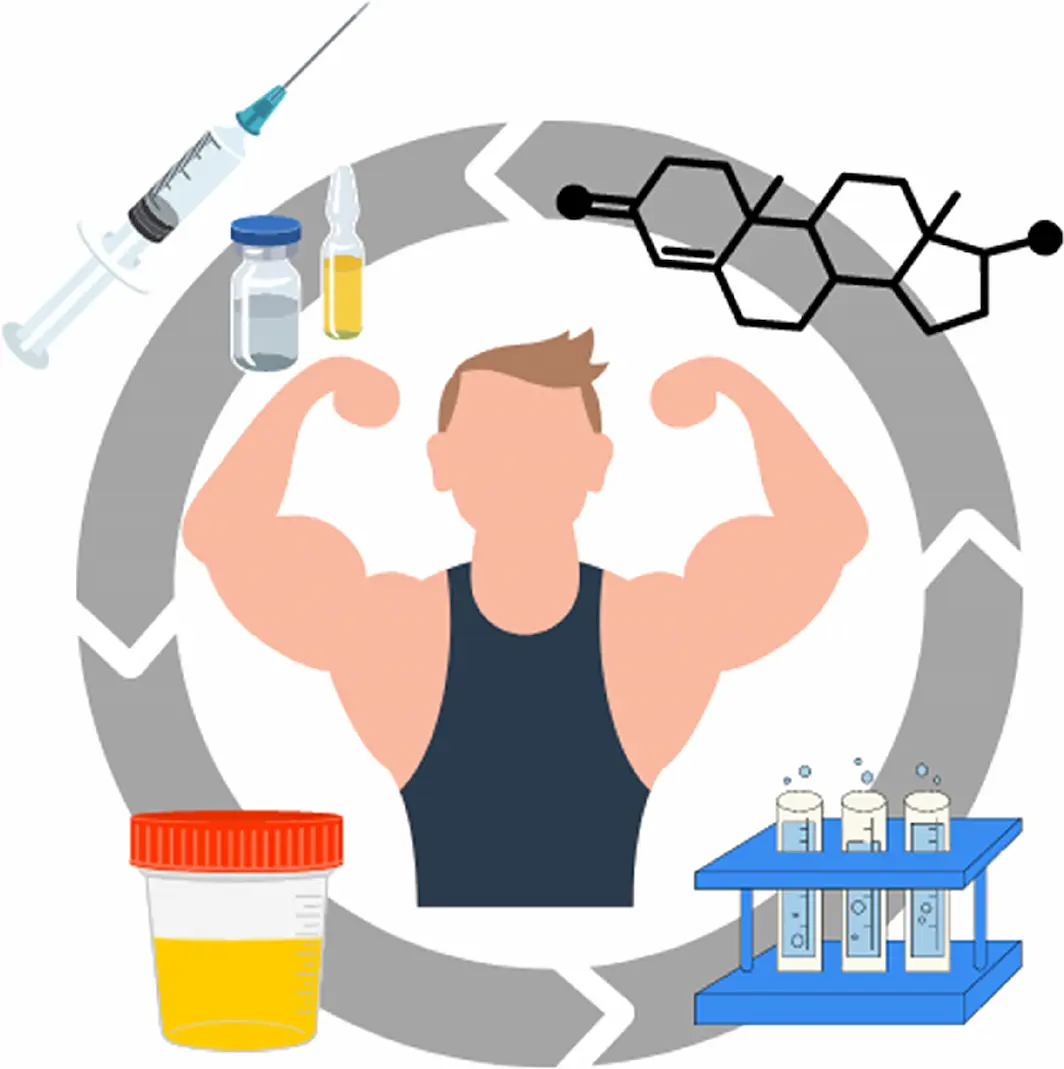
Achieving hormonal balance is crucial after the use of anabolic steroids to restore natural testosterone production and mitigate the side effects associated with their cessation.
Testosterone Production and Regulation
Anabolic steroids suppress the body’s natural testosterone production by providing external hormones. Post-cycle, the body must restart its own production to maintain essential functions. Human chorionic gonadotropin (HCG) acts on the Leydig cells in the testes, similar to luteinizing hormone (LH), prompting them to produce testosterone. This is an essential step in re-establishing natural hormonal levels.
- Natural Testosterone Production: Ensures the maintenance of muscle mass, libido, and general well-being.
- Luteinizing Hormone (LH): Stimulates Leydig cells; crucial in the testosterone production process.
Mitigating the Side Effects of Anabolic Steroids
The use of anabolic steroids can cause a range of side effects, which can be mitigated by restoring hormonal balance post-cycle:
- Gynecomastia: Excess estrogen can lead to breast tissue development in men.
- Mood swings, acne, headaches: Can occur due to hormonal imbalances.
- Muscle loss and depression: May result from decreased testosterone levels.
- Testicular atrophy: Can happen during steroid use; HCG aids in recovery post-cycle.
In conclusion, restoring hormonal balance is critical for addressing the undesirable physical and psychological effects resulting from the use of anabolic steroids.
Post Cycle Therapy Protocols and HCG Dosage
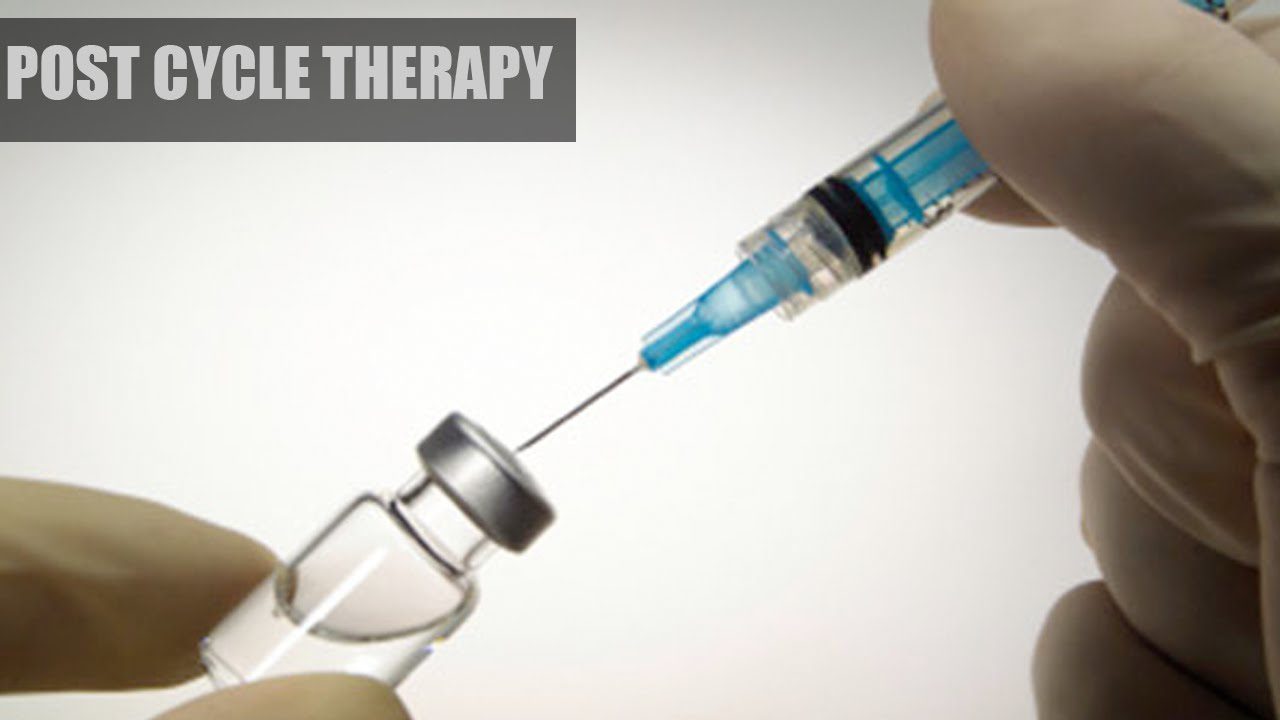
Post Cycle Therapy (PCT) is crucial for individuals looking to restore natural testosterone production after a steroid cycle. Human Chorionic Gonadotropin (HCG) plays a pivotal role in this recovery process, making an understanding of appropriate usage and dosages essential.
Strategies for Post Cycle Recovery
The primary goal in PCT is to boost natural testosterone production which has been suppressed during a steroid cycle. Several protocols are employed to facilitate this, often involving a combination of medications including HCG, Selective Estrogen Receptor Modulators (SERMs), and Aromatase Inhibitors (AIs). The strategy revolves around creating an environment in the body that encourages hormonal balance and restores the endocrine system to its natural state.
- Restoration of HPTA: The Hypothalamic Pituitary Testicular Axis (HPTA) is key in regulating testosterone levels. PCT aims to rehabilitate HPTA function.
- Avoiding Estrogen Rebound: Managing estrogen levels is critical to prevent side effects and encourage testosterone recovery.
- Fertility Concerns: For individuals concerned about fertility post-steroid use, recovering sperm production and quality is a significant aspect of PCT.
Administering HCG: Timing and Dosage Considerations
HCG, or Human Chorionic Gonadotropin, mimics Luteinizing Hormone (LH) in the body, stimulating the testes to produce testosterone. Proper timing and dosage of HCG are crucial to its efficacy in PCT.
- Timing: HCG is often administered before starting other PCT medications like SERMs. It is usually introduced in the latter part of the steroid cycle or immediately after its cessation.
- Dosage: The dosage of HCG can vary widely, but common regimens suggest dosages ranging from 500 to 2000 International Units (IU) per week. Dosages should be carefully considered to avoid desensitization of Leydig cells in the testes and to maintain balance with other PCT medications.
It is important to note that HCG should not be used for extended periods as it can potentially lead to increased estrogen production and other side effects. Medical professionals usually recommend a short course of HCG, with the exact duration and dosage tailored to the individual needs of the patient.
Combining HCG with Other PCT Medications
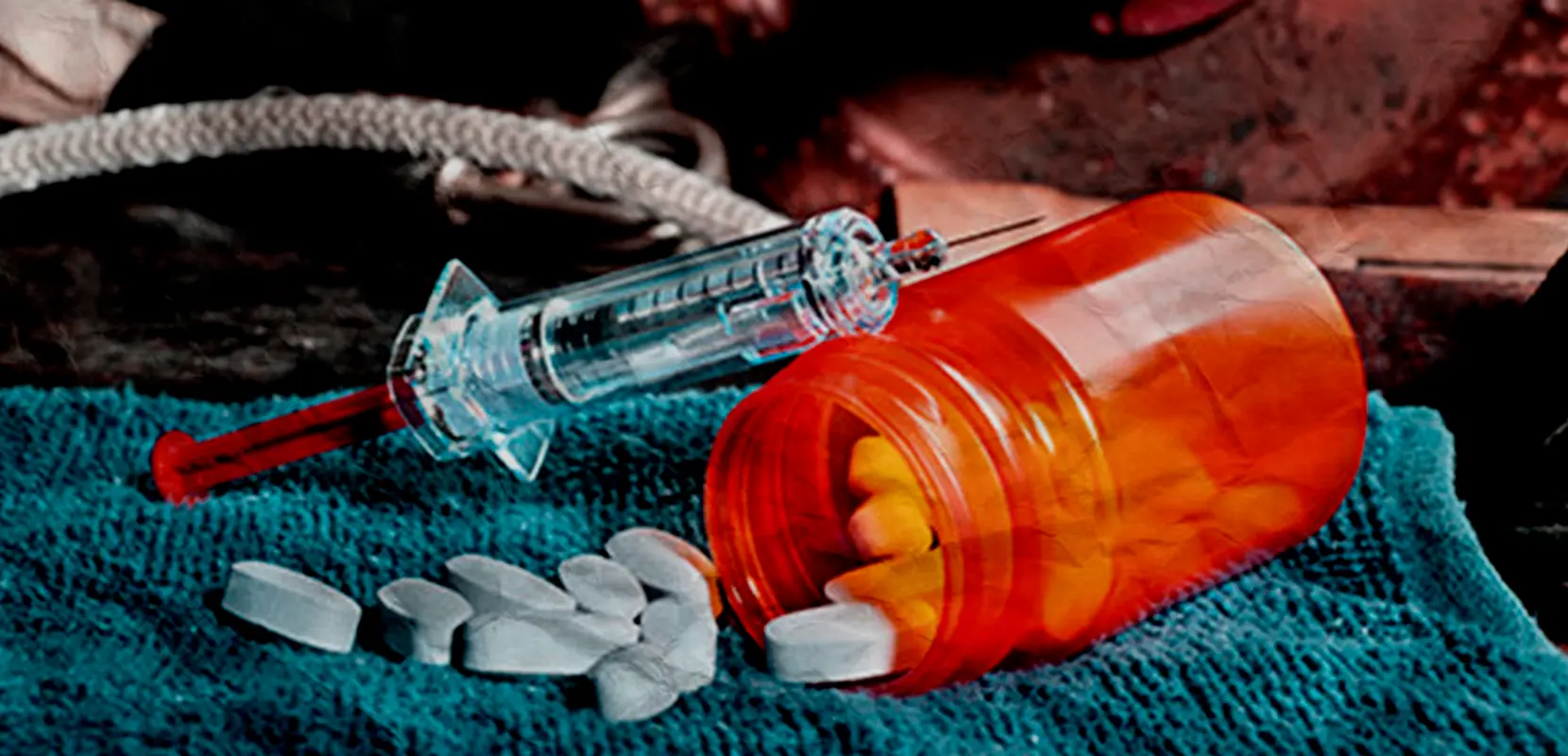
Human Chorionic Gonadotropin (HCG) is often used in post-cycle therapy (PCT) to stimulate natural testosterone production and support fertility. However, for comprehensive hormonal balance, HCG is frequently combined with other medications, specifically Selective Estrogen Receptor Modulators (SERMs) and Aromatase Inhibitors (AIs), each serving a distinct role in PCT.
Selective Estrogen Receptor Modulators (SERMs)
SERMs, like Nolvadex (tamoxifen citrate) and Clomid (clomiphene citrate), play a pivotal role in post-cycle therapy by selectively blocking estrogen receptors, particularly in breast tissue. This action helps reduce the risk of gynecomastia, a common side effect due to elevated estrogen levels following anabolic steroid use.
- Nolvadex:
- Helps prevent gynecomastia
- Supports testosterone production
- Clomid:
- Aids in restoring natural testosterone levels
- May enhance fertility by stimulating the hypothalamic-pituitary-gonadal axis
Aromatase Inhibitors (AIs) and Their Use
Aromatase Inhibitors, such as anastrozole (Arimidex) and letrozole, are used to suppress the aromatase enzyme that converts androgens into estrogen. In PCT, AIs help mitigate estrogen-related side effects and are often employed when users are particularly susceptible to estrogenic effects, or when higher doses of SERMs are insufficient to control estrogen levels.
- Anastrozole (Arimidex):
- Reduces estrogen synthesis
- May prevent estrogen-related side effects
- Letrozole:
- Highly potent AI
- Used for severe cases of estrogenic side effects
References
Effects of HCG on Long-Term Health and Fertility
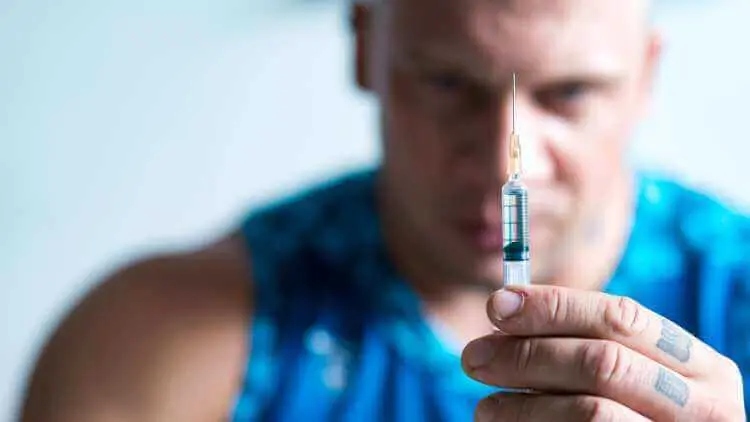
Human chorionic gonadotropin (HCG) usage in Post Cycle Therapy (PCT) is crucial for mitigating long-term health consequences related to fertility and testosterone production in individuals who have used anabolic steroids.
Restoring Endogenous Testosterone Levels
The introduction of HCG can stimulate the testes to produce testosterone naturally. After anabolic steroid use, the body’s own testosterone production is often suppressed. HCG acts similarly to luteinizing hormone (LH), which signals the testes to produce testosterone.
- Effects on Testosterone Levels: Use of HCG can raise endogenous testosterone levels, potentially reversing symptoms of testosterone deficiency such as:
- Decreased libido
- Fatigue
- Muscle loss
- Potential Side Effects: Although effective, HCG treatment might entail side effects like:
- Mood swings
- Headaches
- Slight risk of depression
Consistent with medical guidelines, the use of HCG needs to be monitored to avoid excessive elevation of testosterone, which can exacerbate side effects.
Considerations for Fertility and HCG’s Impact
HCG is instrumental for fertility restoration by promoting spermatogenesis. For individuals facing infertility due to anabolic steroid use, HCG might offer the following benefits:
- Stimulation of Sperm Production: Mimicking LH, HCG can trigger sperm production, which is essential for fertility.
- Maintaining Fertility: Continuous use of anabolic steroids can lead to infertility. HCG therapy can mitigate this risk when administered properly.
However, incorrect application or dosage of HCG may lead to altered menstrual cycles in women or may counterintuitively contribute to infertility if it causes a hormonal imbalance. Its use should thus be carefully calibrated with medical oversight to ensure effectiveness and minimize risks.
References
Frequently Asked Questions

References
https://www.ncbi.nlm.nih.gov/pmc/articles/PMC2739403/
https://www.usada.org/spirit-of-sport/education/the-pituitary-gonadal-axis-when-steroids-are-stopped-abruptly/
Author

Dr. Grant Fourie
Hi, I’m Dr. Grant Fourie, a dedicated medical professional passionate about advancing healthcare in our community. With 20+ years' of medical background, I strive to provide compassionate and innovative care to my patients. Outside the clinic, I enjoy sport and fitness hobbies, which keep me balanced and inspired.

